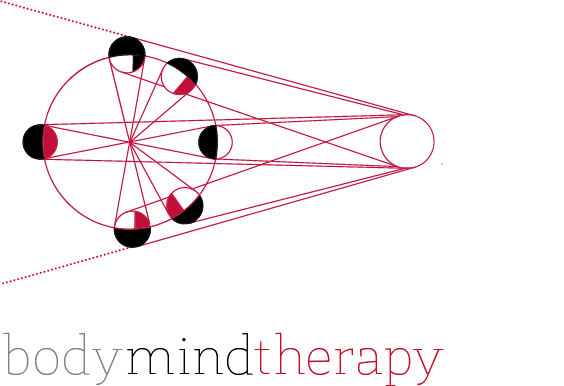FOCUSING
The therapeutic technique called Focusing was not so much invented as discovered. The philosopher Eugene Gendlin was interested in how new ideas originated. What happens that in us when we strike upon something fresh and new and original? He was at work on a book on the subject, eventually called The Philosophy of the Implicit, when he began to collaborate with the psychotherapist Carl Rogers. They analyzed recordings of psychotherapy sessions to see what might predict the success of therapy. They found that there was indeed something certain clients did that impacted whether treatment was successful: instead of just describing their problems and emotions, these clients would freshly refer to their ongoing experience. From this insight, Gendlin developed a process to facilitate that subtle manner of experiencing. That approach is what we now call “focusing.”
When we take a pause from our usual way of thinking, slow down to sense the rhythms of the body and bring our attention inward, a felt-sense of our momentary experience emerges. Often it’s difficult to find words for this kind of fresh experience, so we might use metaphorical language, describing this slowly unfolding experience with sounds, colors, textures, or poetic images. The more we can stay in this almost indescribable realm, the more we get in touch with the wisdom of our deeper selves. It is like learning a new language: we go to the edge of our awareness, bring what emerges into the light, and make meaning out of this new experience. Then we dive back in, only to resurface again and again. This zigzagging between two parts of ourselves – call it the implicit and explicit; the conscious and the other-than-conscious; the analytical, linear, logical left hemisphere perspective and the holistic, timeless, freshly emerging right hemisphere perspective – can bring deep insights, spark a forward shift in areas of our lives where we feel stuck, integrate parts of ourselves that were unheard, and altogether become more fully present to our human experience.

